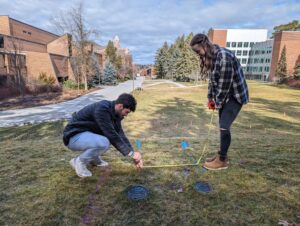
Seattle veterans clinic closes after mold, ceiling leak reports
The VA clinic in Building 18 has been closed down, several weeks after staff and patients raised concerns about the building’s deteriorating conditions. (Caroline Walker Evans for Cascade PBS) by














